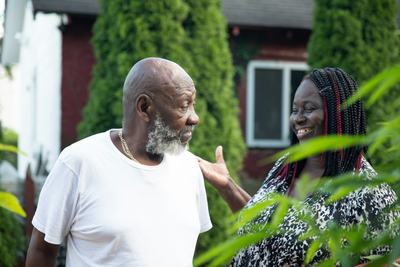For individuals with learning disabilities, the importance of consistent and stable care cannot be overstated. Research has shown that continuity in care significantly improves outcomes for people with learning disabilities, supporting their physical, emotional, and social well-being. Disruptions in care can be destabilizing, leading to increased anxiety and confusion, which is why a caregiver staffing agency plays a critical role in ensuring that care remains seamless and effective. Continue reading

 Careline Solutions
Careline Solutions






